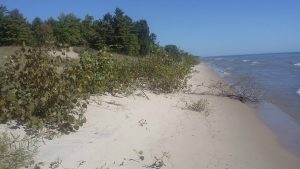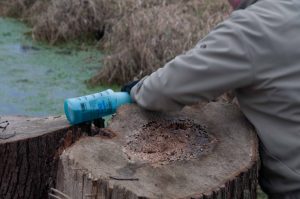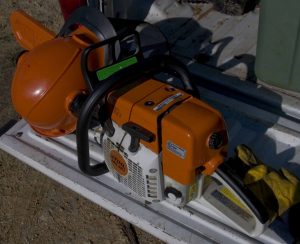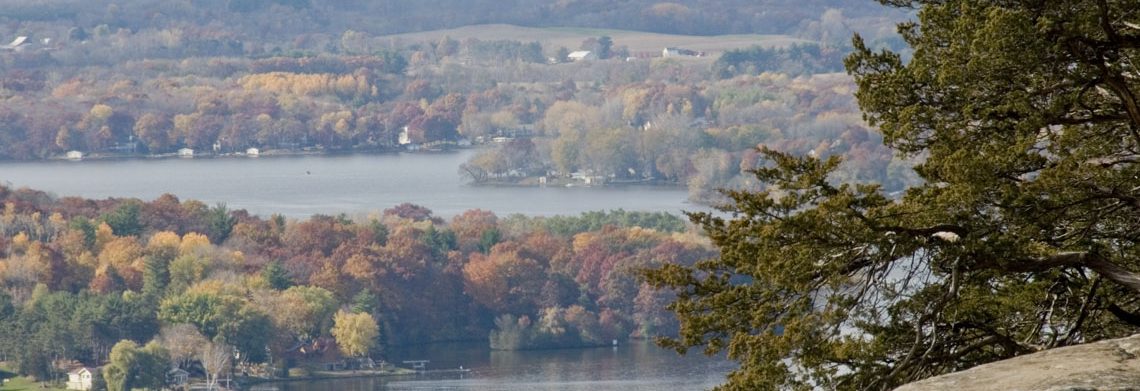EPA Awards $2.7M for WI Weed Control

The EPA announced that it has awarded 2.7 million dollars to five Wisconsin groups to help control invasive plants in the state. The grants are part of the Great Lakes Restoration Initiative.
The Southeastern Wisconsin Invasive Species Consortium will receive $600,000 to implement a multi-organization collaboration to control the spread of invasive species along 2,000 miles of roadways and more than 600 acres of woodland habitat. The collaboration will include local government roadway crews, property owners, community-based organizations and school groups.

The Bay-Lake Regional Planning Commission is granted $599,997 to control invasive species on approximately 1,000 acres in Kewaunee County, Wisconsin. Funding will help protect high quality habitat, as well as increase access to the coastline and nearshore areas.
The Wisconsin Tribal Conservation Advisory Council will use their $393,750 grant to employ four tribal civilian conservation corps, who will work with eleven tribes to prevent the degradation of subsistence fish and wild rice resources. Funded staff will also manage aquatic, wetland and terrestrial invasive species on more than 500 acres of tribal lands.

Two new invasive control employees will be funded for the Wisconsin Department of Natural Resources. They will receive $551,669 to pay for two new crew members to control invasive species in 900 acres of the Great Lakes Basin. Lake Winnebago Chain of Lakes and the Fox River above Green Bay will be targeted.
An award of $599,673 will go to the Lakeshore Natural Resource Partnership to control invasive species on approximately 1,370 acres of wetland and aquatic habitat in northeastern Wisconsin. The funded project will improve the ecosystem services and enhance tourism, property values and navigation.
According to Jim Kettler, Executive Director of the Lakeshore Natural Resource Partnership. “LNRP efforts to control and limit Phragmites spread will focus on collaboration between stakeholders including federal, state, and county agencies, local townships, private landowners, community non-profits, and natural area and right-of-way managers through the implementation of best management practices, education, and outreach.”
Contact Allison Nowotarski (nowotarski.allison@epa.gov) for more information about these grants.
